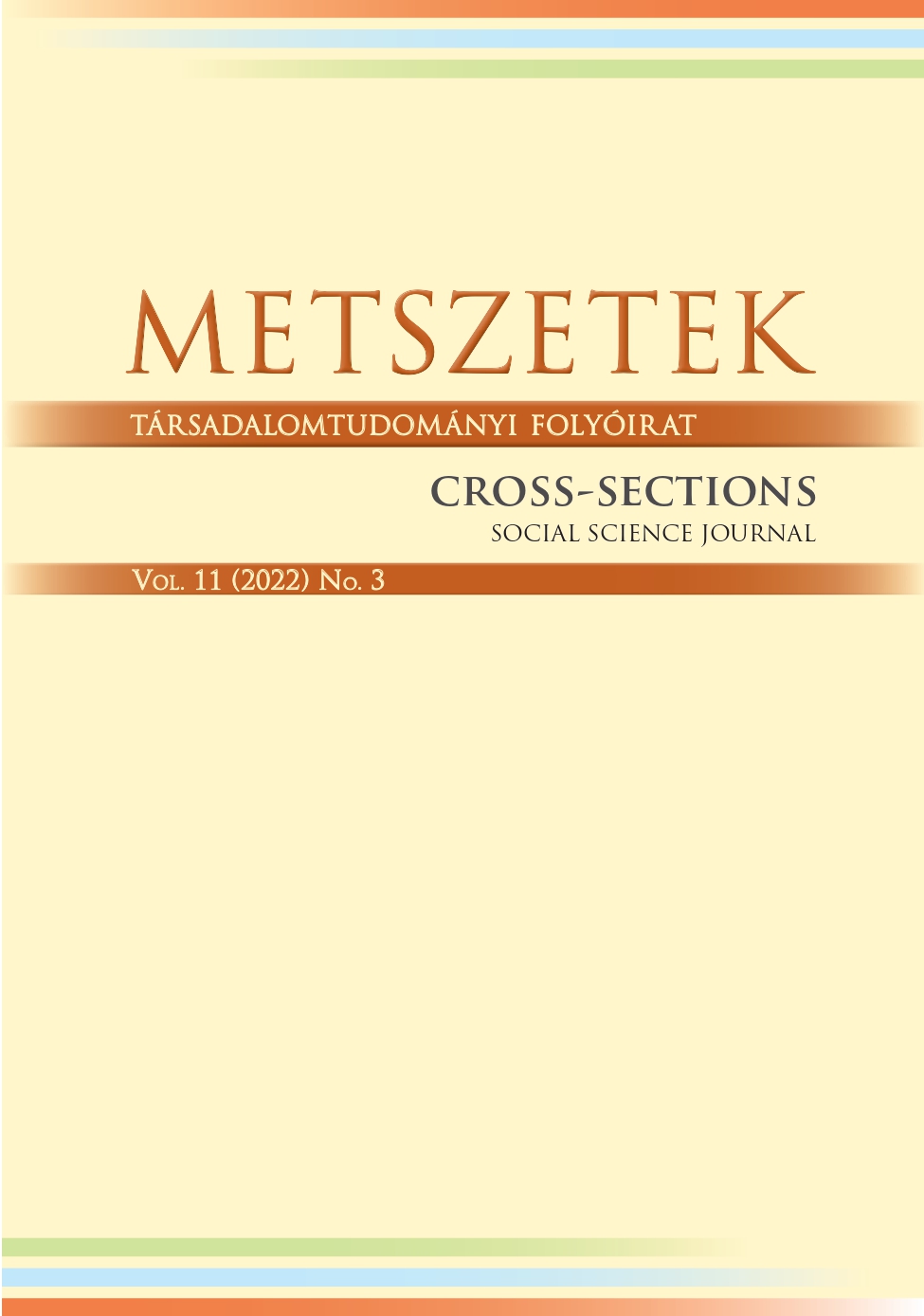Szociálpolitikai modellváltás Magyarországon a 2010 utáni kormányzás tükrében
Social policy model change in Hungary in the light of post-2010 governance
Author(s): Fruzsina KovácsSubject(s): Politics / Political Sciences, Social development, Social differentiation, Sociology of Politics
Published by: Debreceni Egyetem Politikatudományi és Szociológiai Intézet
Keywords: welfare model change; workfare socyeti; recommodification; residual principle redistribution; illiberal welfare paradox
Summary/Abstract: Hungarian social policy underwent a major shift in, emphasis following the change of government in 2010. The aim of this study is to examine the direction of these changes of emphasis compared to the models used by Esping-Andersen to typify welfare states. The, analysis uses the classical criteria of the models and analyses changes in social policy principles, goals and instruments in five areas. In the areas of employment, family policy, tax policy, housing policy and crisis management, we would like to show that in Hungary we cannot currently speak of a purely conservative social policy model as declared by the government. The conclusion of our study is that the Hungarian system currently uses mixed elements, although the declared values are conservative and the authorities try to preserve conservative structures and actors, there is a significant shift in emphasis in social policy, and the mixed model shows strong liberal elements.
Journal: Metszetek - Társadalomtudományi folyóirat
- Issue Year: 11/2022
- Issue No: 3
- Page Range: 28-42
- Page Count: 15
- Language: Hungarian

